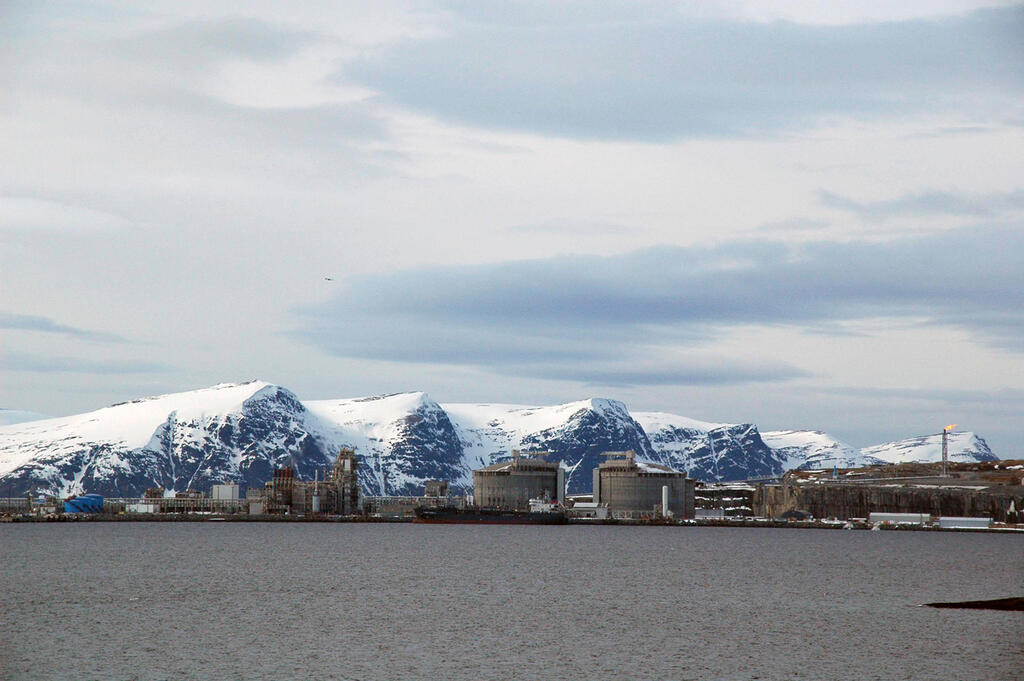For decades, Norway was considered a rare economic success story: a small, remote country that became a financial powerhouse thanks to the discovery of natural resources and the cautious, conservative management of its newfound wealth.
But today, with its sovereign wealth fund valued at over $2 trillion—roughly $340,000 per citizen—growing numbers of observers argue that this very success may now be holding the Scandinavian nation back, socially, economically and even scientifically.
In the 1960s, the discovery of vast oil and gas reserves in the North Sea and in Norwegian territorial waters transformed Norway into the world’s third-largest energy exporter and one of the ten wealthiest countries globally by GDP. Its wealth fund now owns 1.5% of all listed shares worldwide and posted $222.4 billion in investment profits over the past year. Norway has also demonstrated resilience amid steep energy price declines, and its currency remains relatively stable despite global geopolitical upheavals.
Until recently, Norwegians’ main complaints centered around the government’s tight-fisted control of this wealth—just 4% of the fund is used for the national budget—and a conservative investment policy. These grievances were largely drowned out by the country’s economic strength, low unemployment, universal healthcare and education and generous welfare programs, including extended unemployment benefits, 49 weeks of paid parental leave and a consistently high ranking in global income equality indices.
But new concerns are emerging in Oslo: Has this vast wealth led to reckless public investments, cushioned by the safety net of the fund? Some critics now argue that the wealth fund has made Norwegians complacent and unmotivated, able to tolerate budget deficits because their pensions are effectively guaranteed.
The combination of massive oil and gas revenues and a welfare policy aimed at broad equality is now seen by many as a challenge to Norway’s long-term economic health. A growing number of Norwegians feel as though they’ve won the lottery—affording themselves a four-day workweek, four-hour workdays and a lifestyle centered around mountain cabin ski holidays, cycling and quality time with their children.
Despite its generous immigration policies, Norway struggles to fill skilled labor positions, particularly in fields like engineering. Yet due to the country’s egalitarian wage structures, even lower-skilled workers earn relatively high wages, contributing to rising costs for Norwegian export goods.
In the recently published book The Country That Became Too Rich by Martin Bech Holte, the author argues that Norway has become economically complacent, living off its wealth rather than building new sources of productivity.
In addition to sluggish growth, Bech Holte highlights data suggesting Norway is underperforming relative to the resources it invests in its citizens. For example, Norwegians take an average of 27.5 sick days per year—the highest in the OECD and four times the group’s average. Student scores in international assessments of science, math and reading have been falling for a decade and are now below the OECD average, despite the country investing nearly twice the average amount per pupil. Norwegian households also have the highest debt-to-income ratio among OECD countries.
“Norway should be a magnet for possibilities and people,” Bech Holte, who heads McKinsey’s Oslo office, told Bloomberg in an interview last month. “Instead, it’s the opposite. There is no ambition and that is 100% because of the oil fund.”
His book struck a national nerve. It sold out within hours of its release, required additional printings and has now sold 56,000 copies—a remarkable figure for a country the size of Norway, particularly for a nonfiction title. The book has sparked unusually heated public debates, with multimillionaire stock trader Jan Petter Sissener spending tens of thousands of kroner to send copies to every member of Parliament and government minister, calling it “the book of waste.”
Bech Holte, 46, and a graduate of the Norwegian School of Economics, offers numerous examples of public funds squandered on projects that ran far over budget, took longer than expected to complete or never had a sound economic rationale in the first place. While some economists have criticized factual and numerical inaccuracies in his work, many others—both in public life and academia—have voiced support, arguing that Norway should be far wealthier than it is today.
Although Norway’s sovereign wealth fund owes much of its fortune to savvy investments in equities, tech and artificial intelligence, Bech Holte claims that these sectors—along with research and development—have stagnated. He accuses Norway’s institutions of complacency and says the country is facing a national scientific crisis.
Instead of attracting innovators and entrepreneurs to spearhead new breakthroughs, Norway is now seeing them leave, discouraged by a tax structure they view as punishing success to fund welfare benefits for citizens who could work but choose not to.
“I tried to write in a way that would make people angry, for better or worse,” Bech Holte said. He advocates for dramatic tax cuts and curbs on government spending in order to return Norway to a more productive economy. “We’ve become heirs, been given six times our annual salary in the bank and that means we can take the easy way out,” he said in April. “We are squandering the biggest opportunity a Western country has had in modern times.”



